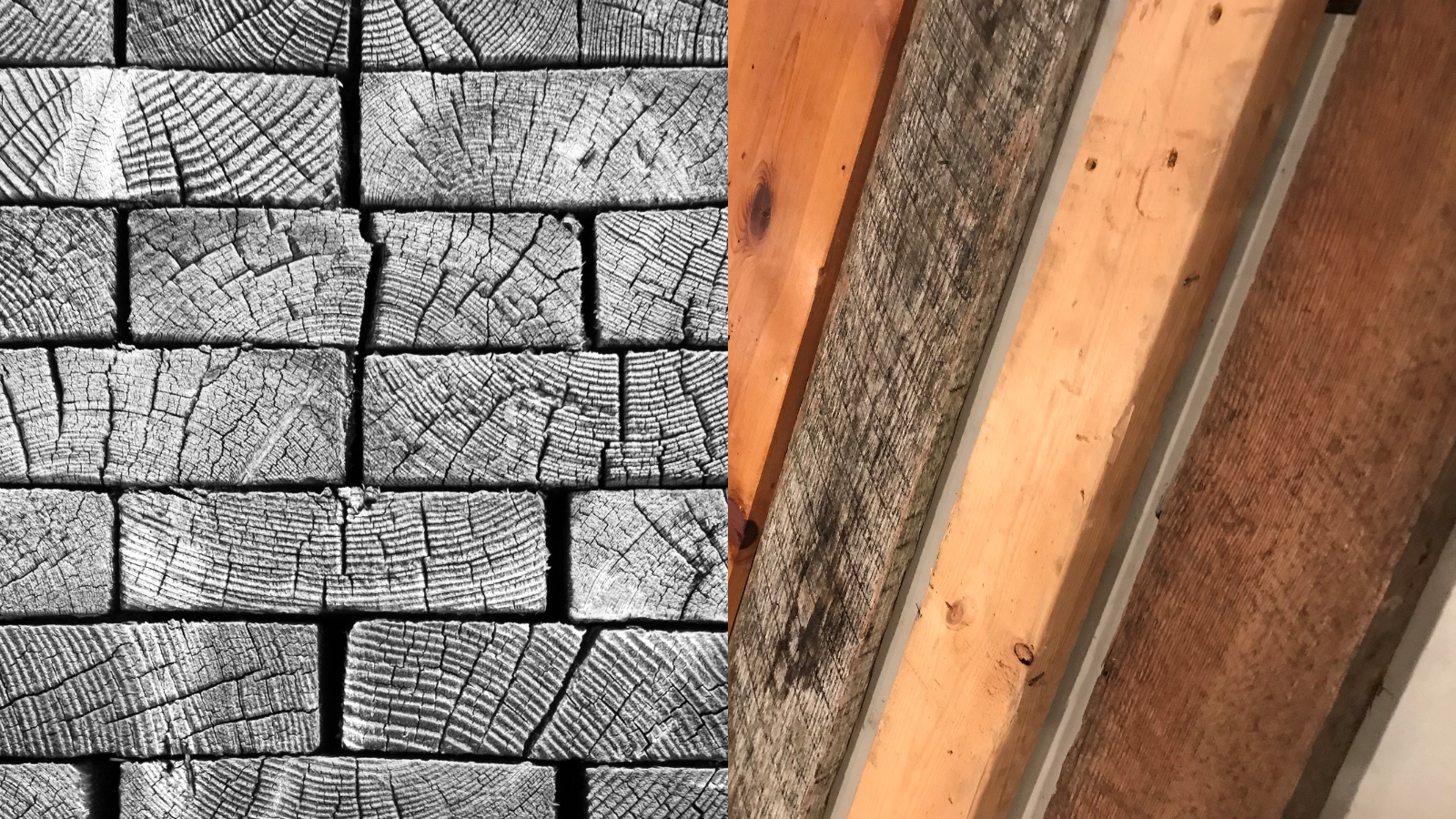
Why Our Work is Needed and Brief Overview
StoryWood is wood with a compelling history and unique provenance that sets it apart from other building materials.
In this toolkit, StoryWood includes urban wood, which refers to all trees harvested outside of forests; reclaimed wood, which refers to wood harvested from buildings for reuse; and woody material harvested from phytoremediation plots.
Created for architects, designers, and developers, this toolkit offers a lexicon with a clear delineation of the universe of wood available for use in their design plans. Different types of wood have different stories to tell, some richer than others, and there are benefits and challenges associated with each type. Be it wood sourced from a local gymnasium’s floor, wood from a fallen tree, or wood grown on contaminated land as a remediation tool – it has a story with unique, marketable features. Designers, architects, and developers use the StoryWood Toolkit to identify, evaluate, and share information on various types of wood.
This toolkit helps designers identify, evaluate, and share the most interesting parts of a certain type of wood’s back story, and, more specifically, it will help to align material choices to achieve certifications, such as LEED or Living Building Challenge. In short, this toolkit provides designers with the information and tools needed to navigate the universe of wood products and find the unique and sustainable material that will meaningfully resonate with their vision for a finished design.
All the above is achieved while also meeting a necessary goal: Keeping these products from ending up in Midwestern landfills.
This guide stems from Delta’s prior analysis of urban wood markets, inclusive of case studies and the creation of a helpful how-to guide.

